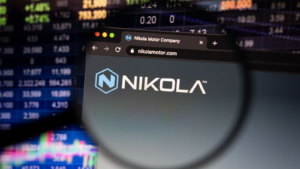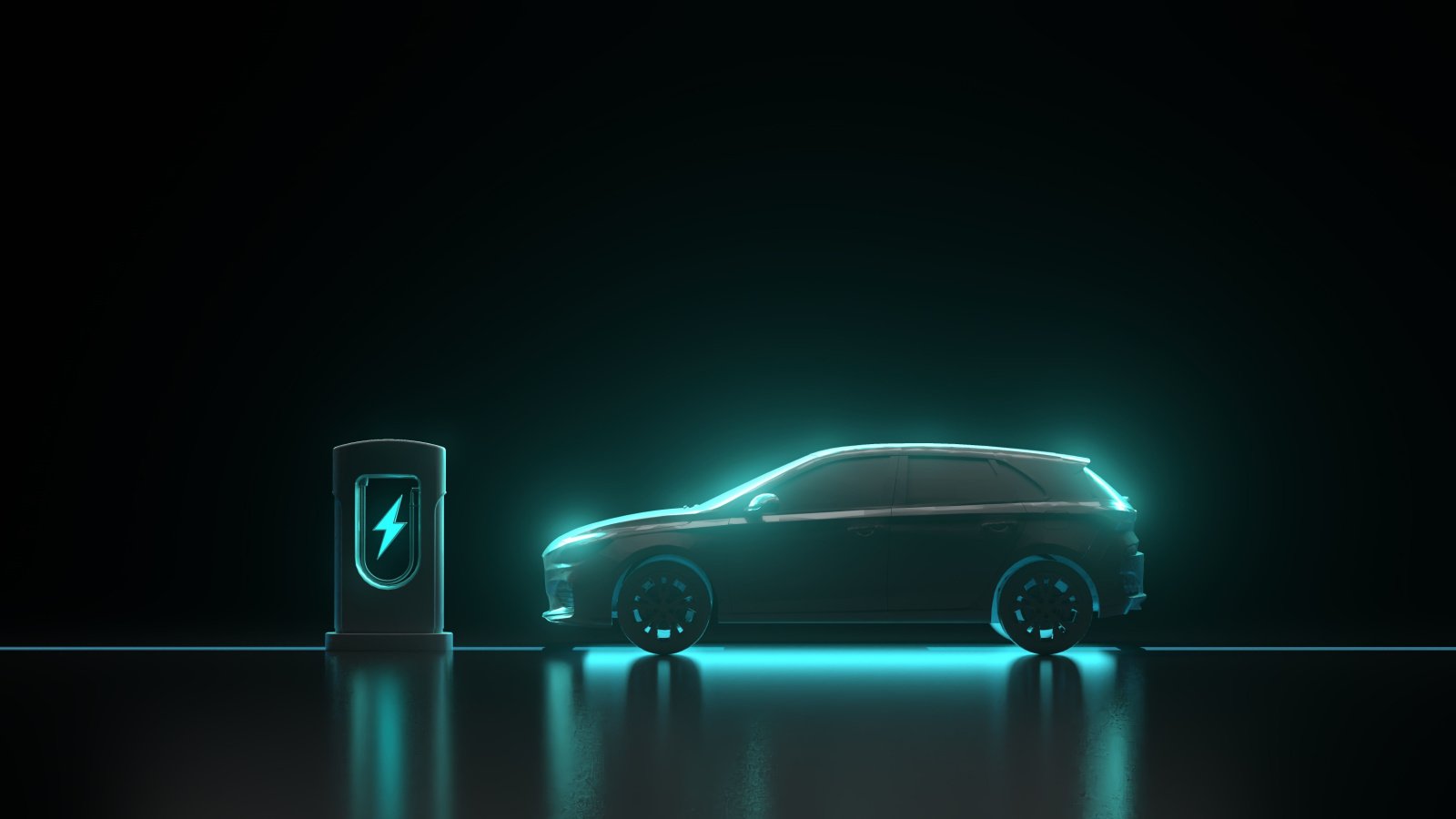2023 was a rough year for the renewable energy and sustainable investing space. Across wind, solar, lithium and electric vehicle stocks, there was heavy selling. Governments have generally not been as forthcoming with subsidies for green energy as investors had hoped. And with the end of the zero interest rates era, it is increasingly difficult to fund marginal energy projects through the private sector as well.
Many investors are betting on a turnaround for EV stocks and other renewable energy plays in 2024. That could happen, of course. But the recent sell-off has exposed the fraught economics and challenged business models that many of the companies are operating. These are three EV stocks to sell that are unlikely to recover to anywhere near their prior share-price peaks going forward.
Nikola (NKLA)

For a while, Nikola (NASDAQ:NKLA) was a fun story. With charismatic founder Trevor Milton at the helm, Nikola seemed to have a unique approach to hydrogen that could transform the EV industry. Alas, much of Milton’s talk was just that; the company was unable to deliver on initial projections. Milton has now been convicted of fraud, and his company’s brand is tarnished.
However, Nikola didn’t give up. It brought in a new management team and built a plant in Arizona. Despite the inauspicious beginnings, investors held out hope that Nikola could mount a turnaround.
2023, however seems to have ended the hopes around this unlikely comeback story. The company’s CFO resigned amid a product recall and large operating losses.
Let’s be frank: Nikola had a second chance after its prior controversies. It has now squandered that opportunity as well. It’s time for investors to stop giving Nikola more money. With the EV industry in a downturn, only the strong will survive. Nikola is simply not built to last.
Canoo (GOEV)

Canoo (NASDAQ:GOEV) is a fledgling EV maker with an uncertain business model. At the time of its SPAC deal, Canoo suggested that it could both be a leading EV maker on its own while also licensing out its core technologies to other players in the industry. This appealing hybrid model attracted a lot of investor capital.
However, problems arose almost immediately on both fronts and the company’s projections failed to become reality. Long story short, Canoo has now been public since 2020 and has generated a grand total of $1 million in revenues since it went public.
Canoo recently rallied as Wedbush analyst Dan Ives placed a $4 price target on GOEV stock. That would represent tremendous upside if it happened. But given its lack of revenues, large cash burn and unproven business model, it is hard to see Canoo turning things around.
Finally, while Canoo is a penny stock that might seem cheap, investors should note that the company has a jaw-dropping 872 million shares of stock outstanding. This means that Canoo still has a market cap of $175 million, which is far too high given the firm’s lack of revenues or any demonstrable commercial success.
Rivian Automotive (RIVN)

Investors have seemingly distinguished between the small electric vehicle companies and the ones with better funding and stronger backers. While the crop of unproven EV companies that went public via SPAC have largely imploded, people are holding out hopes for the more credible EV companies.
Or, at least, that appeared to be the case. But investors might need to change that assumption. Look at Lucid (NASDAQ:LCID), which by all accounts makes very nice vehicles. However, Lucid is losing incredible sums of cash, and investors have essentially given up on LCID stock. Shares are down 29% this past month alone and more than 60% over the past year as it seems increasingly unlikely that Lucid will ever become profitable.
This leads to the question, which other larger EV company is set to lose its luster thanks to massive operating losses? Rivian Automotive (NASDAQ:RIVN) is the most likely candidate. While the company rode a tremendous wave of enthusiasm due to its Amazon.com (NASDAQ:AMZN) partnership, actual operating results have been decidedly underwhelming to put it mildly.
Over the past year, Rivian lost a stunning $5.6 billion while generating just $3.8 billion in revenues. Analysts project that the company will continue losing money through at least the year 2027. How long will investors fund this whirlwind of operating losses and shareholder dilution? I expect Rivian shares to follow Lucid’s lead and collapse toward penny stock territory as reality sets in.
On the date of publication, Ian Bezek did not have (either directly or indirectly) any positions in the securities mentioned in this article. The opinions expressed in this article are those of the writer, subject to the InvestorPlace.com Publishing Guidelines.
